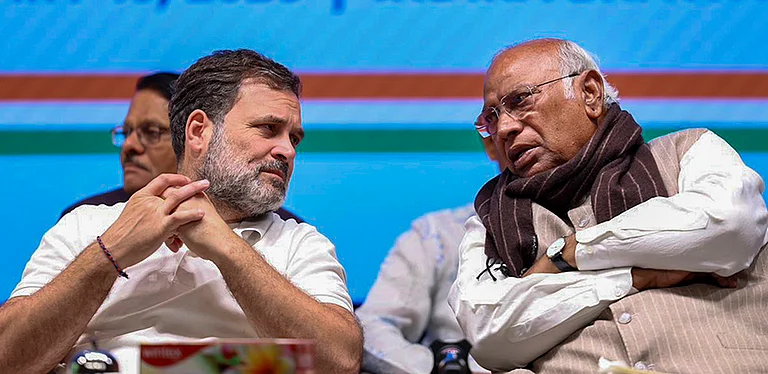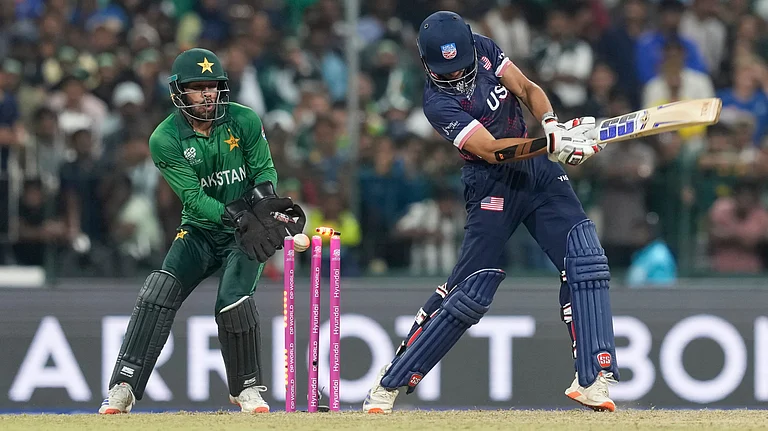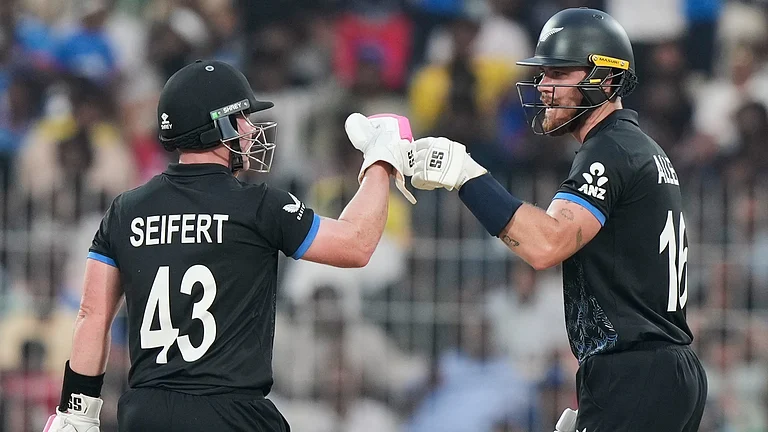The Election Commission (EC) is believed to have told Jharkhand Governor Ramesh Baisthat that Chief Minister Hemant Soren should be "disqualified" as a legislator for violating electoral norms. However, the Raj Bhavan has officially not confirmed the development.
The EC sent its opinion to Bais earlier this morning on a plea seeking that Soren is disqualified as an MLA for violating electoral norms by extending a mining lease to himself.
The Jharkhand Mukti Morcha (JMM), the largest party in the assembly with 30 MLAs, as part of the UPA alliance, exuded confidence that Soren will remain the chief minister till 2024, completing his term.
It also said the party will move the Supreme Court if Soren is disqualified as an MLA.
In the wake of Soren's proposed disqualification, we look at a few earlier instances around the same.
Tamil Nadu CM
Former Tamil Nadu CM J Jayalalithaa was the first sitting Chief Minister to face disqualification as a legislator after being convicted in a disproportionate assets case.
A trial court in Bangalore Saturday convicted her in a disproportionate assets case filed by the former DMK government in 1996.
The court sentenced her to four years jail terms and slapped an Rs.100-crore fine on her in the Rs.66-crore disproportionate assets case.
Maharashtra MLA disqualification
The recent turmoil in the Maharashtra political faction led to the proposed disqualification of rebel 16 Shiv Sena MLAs.
The Uddhav Thackeray faction of the Shiv Sena told the Supreme Court that the rebel party MLAs loyal to Maharashtra Chief Minister Eknath Shinde can save themselves from disqualification under the 10th Schedule of the Constitution only by merging with another political party.
Rebutting arguments, advocate Harish Salve said the anti-defection law is not a weapon for a leader who has lost the confidence of his own party to lock his members and somehow hang on.
Salve said it is not the case where the MLAs have voluntarily given up their membership of the political party.
Karnataka MLA disqualification
As many as 16 MLAs, whose rebellion led to the fall of the Kumaraswamy government and the return of the BJP in Karnataka in 2019, were disqualified from the Congress-JD(S) alliance.
While upholding their disqualification, the apex court set aside the portion of the orders by the then speaker by which the legislators were disqualified till the end of the current Assembly's term in 2023.
A day after the Supreme Court paved the way for them to contest the December 5 Assembly bypolls in Karnataka, 16 disqualified Congress-JD(S) legislators joined the BJP in Bengaluru.
The party also nominated 13 disqualified MLAs as its candidates for the assembly bypolls.
RJD MLA disqualified
RJD MLA Anant Singh was disqualified in July by the Bihar assembly, following his conviction in a case related to the recovery of arms and ammunition, including an AK-47 rifle, from his residence, as per an official order.
Singh, the MLA of Mokama in Patna district, was convicted by a special MP-MLA court in June under different sections of the Arms Act, Explosive Substances Act and the IPC. He was sentenced to ten years of imprisonment.
Singh, locally known as ‘Chhote Sarkaar’, is also facing several other criminal cases, including those of murder, extortion and kidnapping, as per his election documents. He is lodged at the Beur Central Jail in Patna. An AK-47 rifle, two hand grenades, 26 rounds of bullets and a magazine were found by the police allegedly at his house on August 16, 2019 during a raid that lasted for over 11 hours.


























